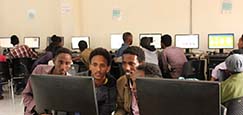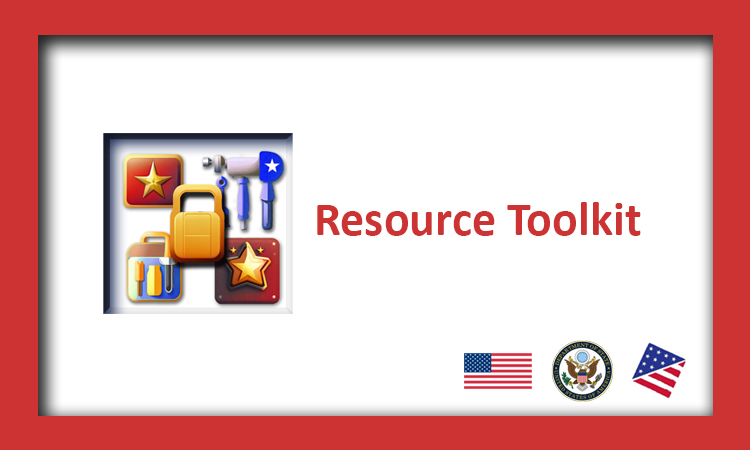JEWISH AMERICAN HERITAGE MONTH
PROGRAM TOOLKIT FOR AMERICAN SPACES
This program toolkit is designed for programming at American Spaces to foster a greater awareness and understanding of the Jewish American community in the United States.

RESOURCES
Official Jewish American Heritage Month Resources
A compilation of U.S. Government educational resources
American Library Association
Curated lesson plans
KEY VOCABULARY
Abrahamic Religions – Because Judaism, Christianity, and Islam all recognize Abraham as their first prophet, they are considered Abrahamic religions.
Melting Pot – A place where a variety of peoples, cultures, or individuals assimilate into a cohesive whole.
Yiddish – Language used by Jewish people in Central and Eastern Europe before the Holocaust. It is mainly spoken in the United States, Israel, and Russia.
The Holocaust – The genocide of European Jews during World War II. Nazi Germany and its collaborators systematically murdered some six million Jews.
Antisemitism – Hostility to or prejudice against Jewish people.
ARTICLES
- ShareAmerica: Five Jewish Americans who’ve made their mark
- ShareAmerica: A Fall tradition, American Jews observe holy days
- What is antisemitism?
WHAT IS JEWISH AMERICAN HERITAGE MONTH?
Jewish American Heritage Month is a month to celebrate the contributions Jewish Americans have made to America since they first arrived in New Amsterdam in 1654. Jewish American Heritage Month had its origins in 1980 when Congress passed Pub. L. 96-237, which authorized and requested the President to issue a proclamation designating a week in April or May as Jewish Heritage Week. President Carter issued this first proclamation, Presidential Proclamation 4752, in April 1980.
Jewish Americans have joined their fellow citizens in working towards America’s unique vision of life, liberty, and the pursuit of happiness.
President Donald J. Trump’s proclamation on May 16, 2025
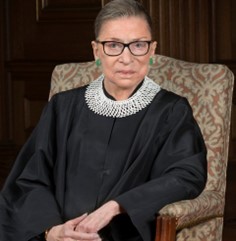
FILMS*
RBG Ruth Bader Ginsburg (100 minutes, 2018)
This 100-minute documentary explores the life and work of former Supreme Court Justice Ruth Bader Ginsberg. This film takes a look at the legacy and personal journey of Ruth Bader Ginsburg, who was born into a first-generation American Jewish family.
Bombshell: The Hedy Lamarr Story (89 min, 2017)
Austrian Actress Hedy Lamarr became one of Hollywood’s most famous stars in the 1940s. Behind her talent on camera, Hedy Lamarr was an inventor whose work created the basis for Bluetooth technology.
Overdrive (Libby) Books
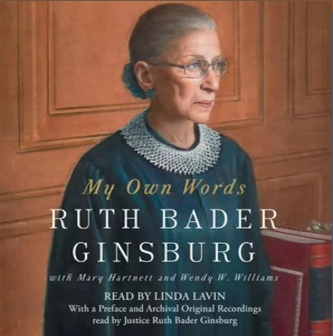
My Own Words is a witty and engaging collection of writings and speeches by Supreme Court Justice Ruth Bader Ginsburg, exploring gender equality, the Supreme Court, and Jewish identity. Selected and introduced by Ginsburg and her biographers, the book offers a personal and powerful glimpse into the life and legacy of one of America’s most influential women.
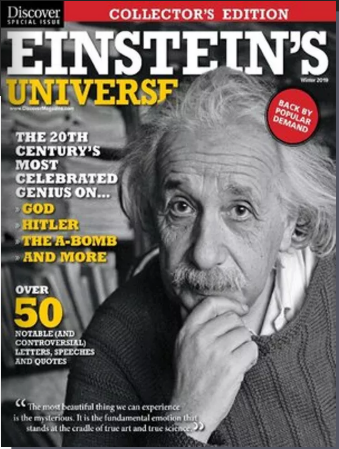
Einstein’s Universe offers a unique glimpse into the personal and public life of Albert Einstein, revealing the human behind the scientific legend. Through candid quotes, striking photographs, and themed sections on politics and war, science, family, and music, readers discover the many dimensions of the world’s first “pop-star” scientist. The collection also features Einstein’s historic letter to President Franklin D. Roosevelt, highlighting his influential role beyond the lab.
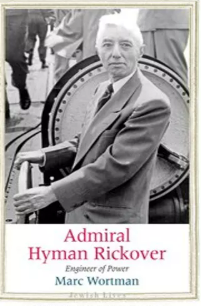
Admiral Hyman Rickover explores the life of the brilliant and controversial “Father of the Nuclear Navy,” whose fierce determination and engineering genius revolutionized naval warfare. From overseeing the world’s first nuclear reactor to shaping Cold War strategy with nuclear-powered submarines, Rickover’s legacy endures—despite his combative personality and disdain for military norms—making him the longest-serving U.S. military officer in history.
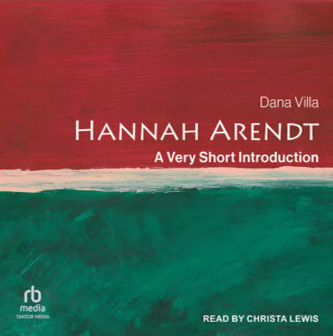
Hannah Arendt presents the life and ideas of one of the twentieth century’s most influential political thinkers, whose experiences as a Holocaust survivor shaped her analysis of power, evil, and totalitarianism. This introduction traces her journey from Nazi Germany to the United States and highlights her enduring impact through works like The Origins of Totalitarianism, now central to Western political thought and philosophy.
*Post may need to procure these films. The Office of American Spaces and Educational Advising does not endorse all movies as they may not be appropriate for all audiences. Coordinators should view the films ahead of showing them. Here’s a link with more information on showing movies at American Spaces.
The views expressed in these links and resources do not necessarily reflect those of the U.S. government.
Updated May 2025








